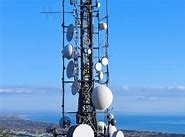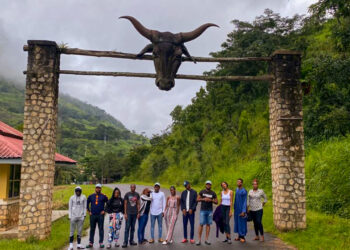Seven Nigerian states have waived right-of-way (RoW) fees in a bid to enhance connectivity and attract telecom investment.
The states are: Zamfara, Katsina, Anambra, Kebbi, Nasarawa, Bauchi, and Adamawa.
Data from the National Bureau of Statistics (NBS) revealed that, as of Q1 2024, these states had a combined total of 31.17 million mobile subscriptions, and by the end of 2023, they collectively maintained a 10,542.1 km fibre network, according to a ministry of Communications White Paper.
RoW fees are levied by state governments on telecom operators to allow the installation of critical infrastructure, such as fibre optic cables, that facilitate internet connectivity.
The federal government previously set a standard fee of N145 per linear meter, but costs still vary widely among states.
According to the global mobile operators’ association(GSMA), a nationwide reduction in RoW fees to N145 per meter could cut network rollout costs by an estimated 15 percent.
High RoW charges and complex approval processes have long been barriers to expanding telecom infrastructure in Nigeria. The impact is clear: more than 120 million Nigerians lack mobile internet access, partly due to infrastructure gaps and affordability concerns, with the NCC reporting that 301 local government areas remain without internet service and 27 million people without telecom access.
GSMA underscored the importance of streamlined RoW processes in its Nigeria Digital Economy report, stressing that quicker approvals could expedite infrastructure development.
RoW waivers, however, remain controversial as many states rely on the fees for revenue, as chairman of the Association of Licensed Telecommunications Operators of Nigeria (ALTON) Gbenga Adebayo, argued that, states should move away from viewing RoW as a primary source of internally generated revenue. “We can’t talk about the digital economy while the government is treating service providers as revenue sources,” Adebayo stated.
He also noted that, some states, while offering RoW waivers, impose alternative fees, like developmental or ecosystem levies, effectively offsetting any savings from the waiver. “You may receive RoW at a low cost, but additional levies often exceed the waived fees,” he observed. This ongoing challenge, Adebayo argued, calls for a more coordinated approach to promote a truly digital economy.





